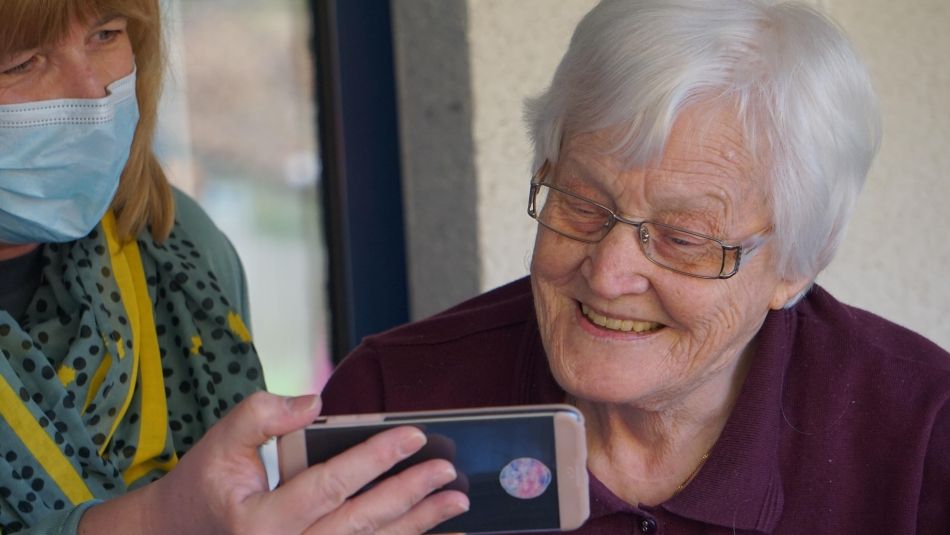
Share
On October 1st we celebrate the International Day of Older Persons.
First observed in 1991, the General Assembly of the United Nations designated this day to draw attention to the important contribution of seniors and to changing demographics: the greying of the population, or the "age of aging."
The 2021 Theme: Digital Equity for all Ages
The composition of the world population has changed dramatically in recent decades. Between 1950 and 2010, life expectancy worldwide rose from 46 to 68 years. Globally, there were 703 million persons aged 65 or over in 2019.
In 2020, the number of people aged 60 years outnumbered children younger than 5 years.
Over the next three decades, the number of older persons worldwide is projected to more than double, reaching more than 1.5 billion persons in 2050 and 80% of them will be living in low- and middle-income countries.
A longer life brings with it opportunities, not only for older people and their families, but also for societies as a whole. Additional years provide the chance to pursue new activities such as further education, a new career or pursuing a long neglected passion. Older people also contribute in many ways to their families and communities.
Older persons are a valuable aspect of our society and their contributions are needed to strengthen communities and to have a functioning society.
It is important to recognize that development will only be achieved if it is inclusive of all ages. Governments at all levels must ensure that older persons receive the care, the opportunities and support to experience Healthy Aging.
The United Nations set out several objectives for #UNIDOP2021:
- To bring awareness of the importance of digital inclusion of older persons, while tackling stereotypes, prejudice and discrimination associated with digitalization, taking into account sociocultural norms and the right to autonomy.
- To highlight policies to leverage digital technologies for full achievement of the sustainable development goals (SDGs).
- To address public and private interests, in the areas of availability, connectivity, design, affordability, capacity building, infrastructure, and innovation.
- To explore the role of policies and legal frameworks to ensure privacy and safety of older persons in the digital world.
- To highlight the need for a legally binding instrument on the rights of older persons and an intersectional person-centered human rights approach for a society for all ages.
As more people connect digitally, new risks have become apparent. For example, cybercrimes and misinformation threaten the human rights, privacy, and security of older people. The rapid speed of adoption of digital technology has outpaced policy and governance at the national, regional, and global levels. Concrete action to harness the best of these technologies and mitigate their risks.
Unifor retirees continue to fight for improved standards of living, whether it be through employer provided pensions, government pensions, fighting for better and more inclusive healthcare, dental care and a national pharma care program. In 2021, Unifor Retirees from across the country participated in their first virtual Retired Workers Council and throughout the global pandemic they participated in virtual workshops and webinars. Digital technology gave retirees an opportunity to stay connected over the past eighteen months.
To achieve equality attention to the particular needs and challenges faced by many older people is required.
Empowering older persons by active participation in social, economic and political live is one way to ensure their inclusiveness and to reduce inequalities.
Seniors and retired workers will hold virtual events across the country in recognition of International Day of Older Persons, if you are not hosting an event, look for one in a community near you and help recognize the contributions of Older Persons.
For further information please contact Barb Dolan, Director Retired Workers Department at 416.998.3954 or @email.


